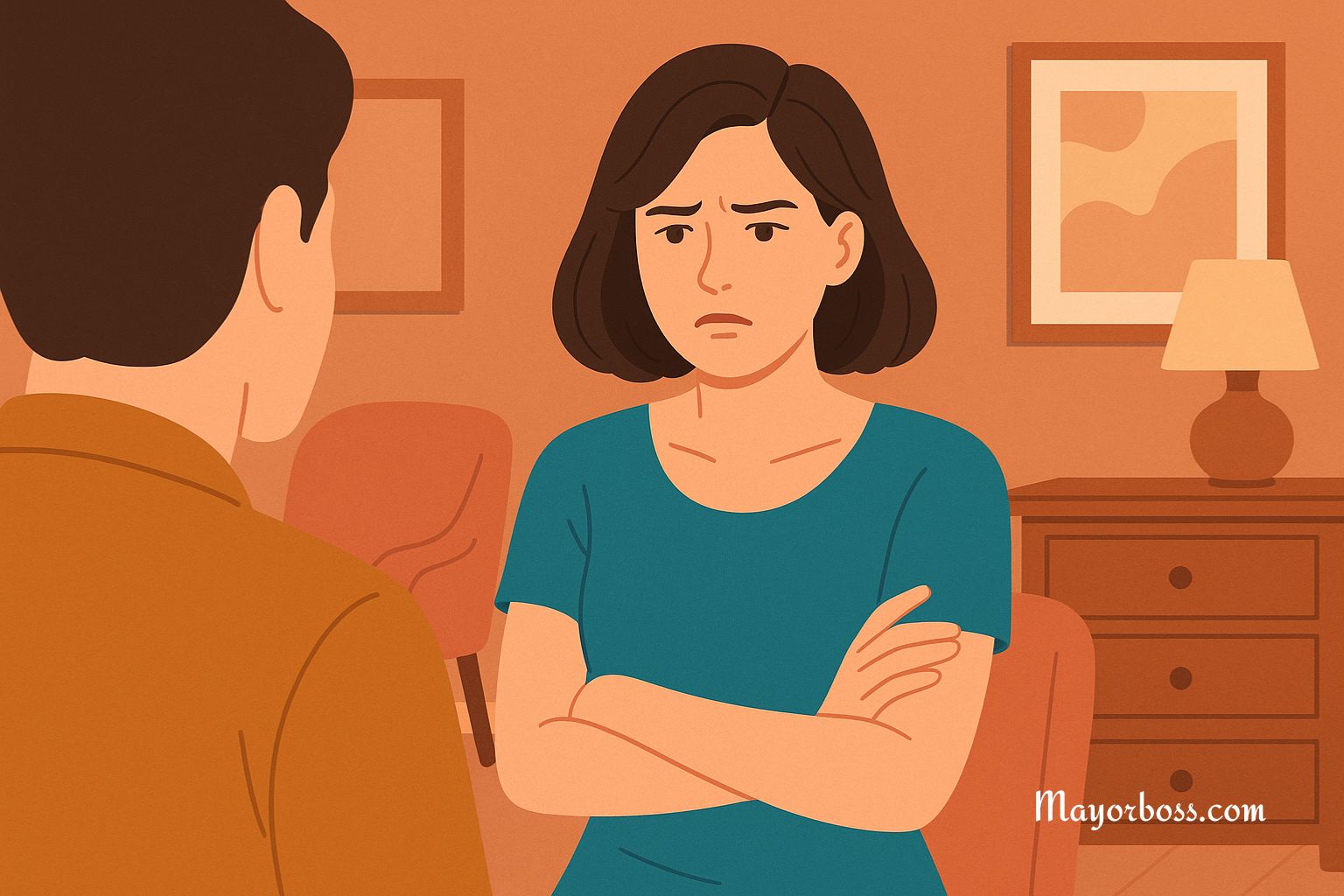7 Signs That You Need Support
When life throws its many challenges at you, it’s not always easy to recognize when you might need a little extra help. Think about it: How often do you pause to assess your own well-being? It’s probably not as frequently as you should. Here’s the thing—realizing when you need support is crucial for maintaining your mental, emotional, and even physical health. Here are seven signs that suggest it might be time to reach out for some support.

1. Feeling Overwhelmed Regularly
Do you feel like you’re constantly juggling too many tasks and responsibilities? If you’re frequently overwhelmed, this is a clear signal that your current load is more than you can handle alone. Whether it’s work, family obligations, or social commitments, feeling like you’re drowning in your to-dos can lead to burnout. This is your cue to seek help, whether it’s delegating tasks at work or asking family members to pitch in at home.
2. Changes in Sleep Patterns
Have you noticed any significant changes in your sleep habits? Maybe you’re struggling to fall asleep, waking up multiple times during the night, or sleeping more than usual. Disruptions in your sleep can be a sign of underlying stress or emotional distress. Don’t underestimate the impact that sleep has on your overall health—consider this a nudge to talk to a professional or someone close to you about what’s on your mind.
3. Withdrawal from Social Activities
Think about your recent social activity. Are you avoiding interactions that you used to enjoy? Withdrawing from social activities can be a sign of depression or anxiety. If you find yourself pulling away from friends and family, it could be time to explore these feelings with a therapist or counselor who can offer guidance and support.
4. Persistent Feelings of Sadness or Anxiety
It’s perfectly normal to experience ups and downs in life. However, if you feel trapped in a prolonged state of sadness or anxiety that doesn’t seem to improve, this is a significant sign that you need support. These feelings can be debilitating and affect all aspects of your life, so reaching out for help can be a crucial step toward recovery.
5. Irritability or Unexplained Anger
Have you been snapping at people over little things? Or maybe you’re feeling angry without any clear reason. Changes in your emotional state, especially increased irritability or anger, can indicate that you’re dealing with too much stress or unresolved emotions. Talking to someone can help you sort through these feelings and find healthier ways to cope.
6. Relying More on Unhealthy Coping Mechanisms
Consider your coping strategies. Are you turning to alcohol, drugs, or excessive eating to manage your stress? Leaning on unhealthy coping mechanisms can be a red flag that you’re struggling more than you might admit. Acknowledging this can be tough, but it’s a critical step toward getting the support you need to find more positive and sustainable ways to cope.
7. Feeling Hopeless About the Future
Lastly, a sense of hopelessness about the future is not something to take lightly. If you find it hard to look forward to anything or feel that things will never improve, this could be a sign of depression. Support from mental health professionals can provide new perspectives and strategies to regain hope.
Frequently Asked Questions
Q: What kind of support might I need if I recognize these signs in myself?
A: The type of support you need can vary depending on your specific situation. It could range from seeking therapy, counseling, or psychiatric help, to simply needing more practical support like help with childcare or workload management.
Q: How do I reach out for help if I’m not sure where to start?
A: Start by talking to someone you trust about how you’re feeling. You can also consider contacting a mental health professional or looking into support groups in your area. If you’re employed, you might have access to an employee assistance program that can provide confidential counseling.
Q: Can lifestyle changes help with any of these signs?
A: Yes, lifestyle changes such as regular exercise, a healthy diet, and adequate sleep can significantly improve your mental health. However, they should complement professional help, especially if your symptoms are severe.






